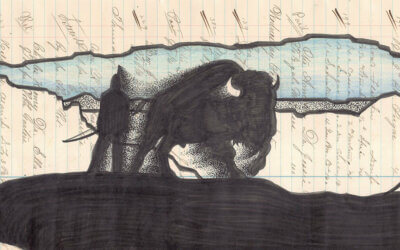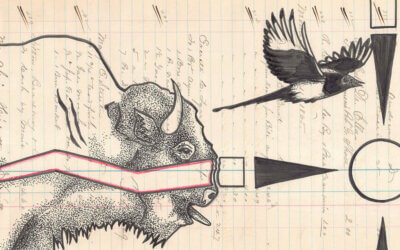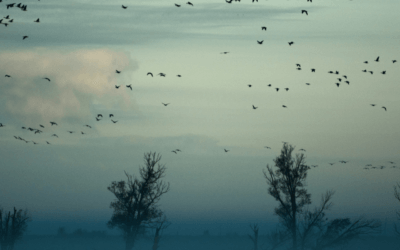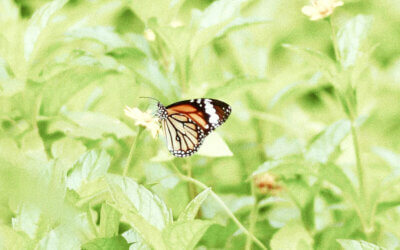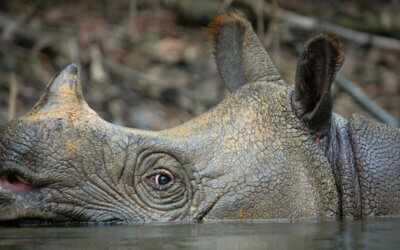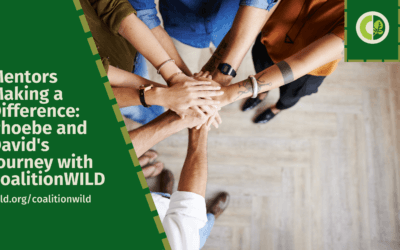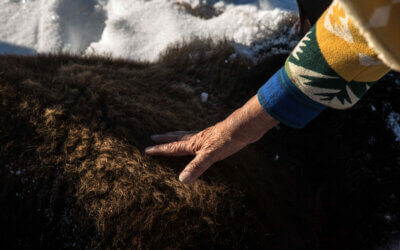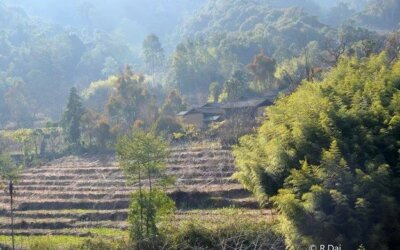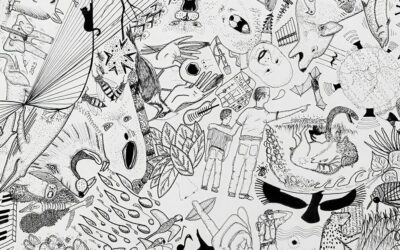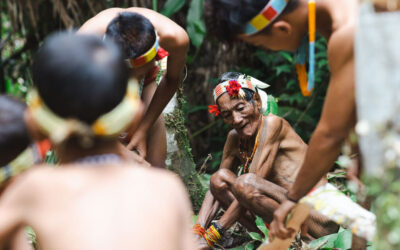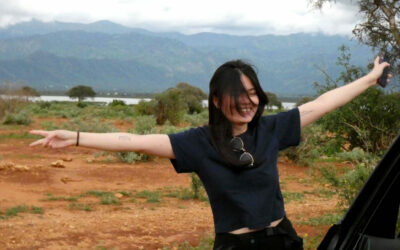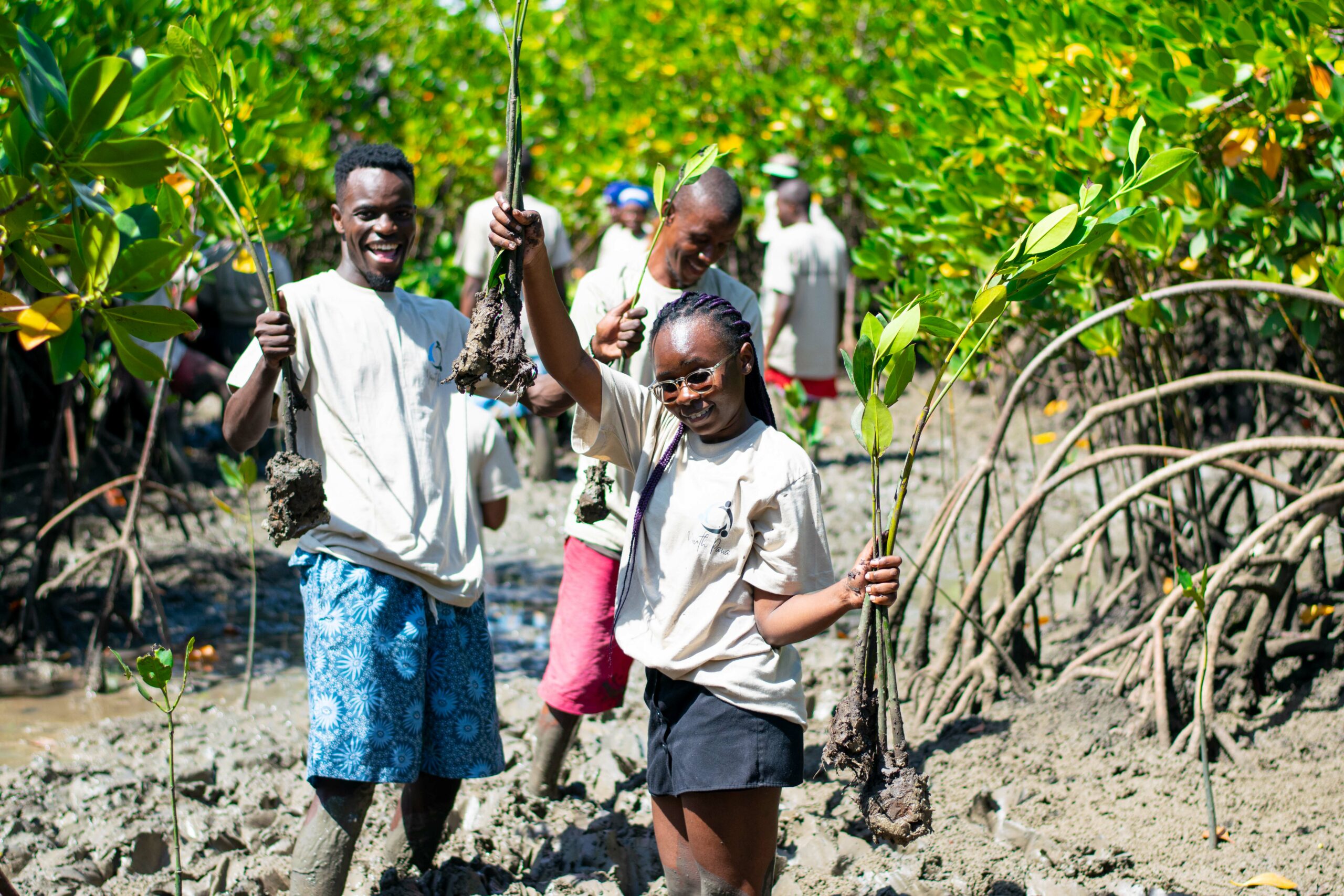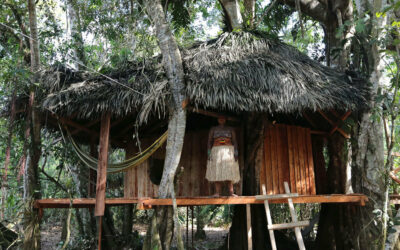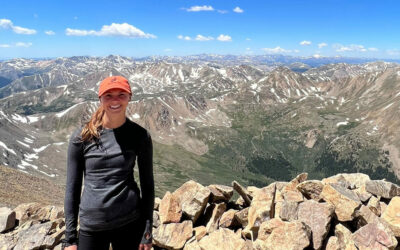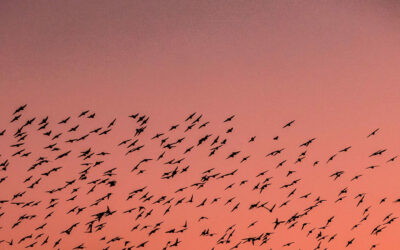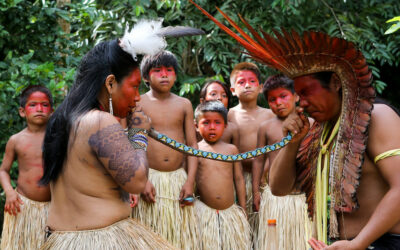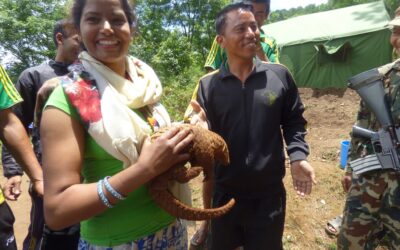Laura Yawanawa: Giving Makes Earth Sacred
Some sacrifices we never anticipate making. When the world calls, how we answer can change the course of history for entire communities.
Giving Makes Earth Sacred
When we give freely of what we are not immediately using, we unleash the potential for an object, a resource, or even our own energy to fulfill a purpose and to give joy and meaning to the world.
A letter to the IUCN Director General
I know that for many people, venturing into wilderness areas is a very important element for health and balance in their lives. I feel this as well, but also, for me, the nature directly around me is equally important.
A Reflection by Timothy Hass, WILD’s Trustee
I know that for many people, venturing into wilderness areas is a very important element for health and balance in their lives. I feel this as well, but also, for me, the nature directly around me is equally important.
Tech & Tradition – Q&A with Ruari Bradburn, Chief Technology Officer at Langland Conservation
“Tech & Tradition” delves into the evolving landscape of conservation, exploring the synergy between traditional wisdom and technological innovation.
Mentors Making a Difference: Phoebe and David’s Journey with CoalitionWILD
At CoalitionWILD, we believe in the power of mentorship and the transformative impact it can have on the lives of young conservationists. Here, we shine a spotlight on two exceptional repeat mentors, Phoebe Barnard and David Manski, who have been actively involved in our Global Mentorship Program. Their dedication, wisdom, and passion for conservation have inspired and guided numerous young professionals on their journey to become future leaders in the field.
Indigenous-led Conservation, a Holistic Approach – Q&A with Jordan Kennedy from Indigenous Led
Embark on an insightful exploration at the crossroads of environmental stewardship and cultural preservation through a Q&A with Jordan Kennedy.
From wildlife research to local community: a story of life in Mt. Gaoligong
In 2014 – 2015, for 6 months I was part of a field research team working on the gibbons (Hoolock tianxing), a small ape inhabiting the subtropical evergreen forest of southwest China, close to the mountainous Sino-Myanmar border. This region harbors a high level of biodiversity with a 335,549 - ha protected area founded in the 1980s. “Gaoligong” as the reserved was named after referred to an ancient family once living in this area.
The World Wilderness Congress: Building a wild future out of a wild community
There is no power for change greater than a community discovering what it cares about. - Margaret J. Wheatley
Wild grasslands: A land to mark the sparrow’s fall
Too often, the vast expanse of lands known as the Great Plains is dismissively referred to as “flyover country.”
Mentawai Tribe’s Indigenous Wisdom in Conservation
Discover the Mentawai community through the lens of photographer Amy Vankanan—one of the oldest jungle Indigenous Peoples in Indonesia.
Hidden Conservationists: Behind the Scenes at WILD with Yen Parico, Director of CoalitionWILD
Meet Yen Parico, Director of CoalitionWILD, a nature conservation professional helping make the world a better place.
Expanding Conservation Areas Through Indigenous Land Tenure
Something momentous happened in the Amazon this year, and if you are a WILD.org donor, surprise! you were a part of it.
Climate Advocacy in Action: Steve Misati’s Journey
In a world facing environmental challenges, individuals like Steve Misati emerge as beacons of hope, leading the charge for marine conservation and climate justice. Hailing from Mombasa, Kenya, Steve is not just a dedicated Marine Conservationist but also a fervent Climate Justice Advocate and Environmental Defender.
Wilderness is a sound – let’s make it loud!
At WILD, our team spends a lot of time encouraging you to use your voice. We believe that wilderness cannot flourish when its advocates remain silent.
Yawanawá: The people of Queixada
Join Luna Rosa Soriano Yawanawá, WILD’s Yawanawá Cultural Liaison Intern, as she shares the fascinating origin story of the Yawanawá People.
Hidden Conservationists: Behind the Scenes at WILD with Tori Pfaeffle, Development and Administrative Associate
Meet Tori Pfaeffle, WILD’s Development and Administrative Associate, a nature conservation professional helping make the world a better place.
Swarming Starlings at the IUCN
Nothing short of a global swarm of people flocking with the swift, bold grace of starlings will save our life sphere and the millions of species who live here with us.
Exploring the Yawanawá culture and community with Luna Rosa Soriano Yawanawá
Explore the Yawanawá culture and community through this Q&A with Luna Rosa Soriano Yawanawá, WILD’s Yawanawá Cultural Liaison Intern.
Protecting Pangolins in Nepal
Discover the remarkable work of Prativa Kaspal, a passionate conservationist from Nepal. Her project focuses on preserving the critically endangered Chinese and Indian pangolins, which are facing severe threats due to overhunting and habitat loss. Through her dedication and participation in the CoalitionWILD EXCELerator program, Prativa is making a significant impact on pangolin conservation while inspiring others to join the cause.
